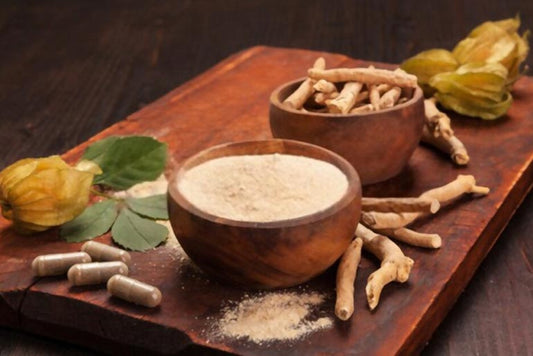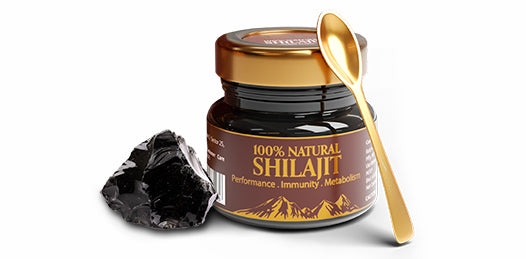
In recent years, the beauty industry has witnessed a surge in interest and demand for natural and organic skincare products. With increasing awareness about the potential risks associated with synthetic ingredients, consumers are turning towards more sustainable and eco-friendly alternatives. However, amidst the buzz, several myths and misconceptions about natural and organic skincare have also emerged. In this blog, we'll debunk these myths and explore the facts surrounding the use of natural and organic products.

Myth 1: "Natural" and "Organic" Mean the Same Thing
One common misunderstanding is that the terms "natural" and "organic" are interchangeable. In reality, they have different meanings. "Natural" typically refers to products derived from plant or mineral sources without synthetic additives. However, the term lacks standardisation and can be used loosely by companies to market products containing some natural components but also including harmful chemicals.
On the other hand, "organic" signifies products made from organically grown ingredients that are free from synthetic pesticides and fertilisers. To ensure authenticity, look for products with reputable organic certifications like USDA Organic or EcoCert.
Myth 2: Natural and Organic Skincare Is Always Safe
While natural and organic skincare products are generally considered safer than their synthetic counterparts, it's essential to remember that not all-natural ingredients are risk-free. Some individuals may be allergic to specific plant-based components, such as essential oils, leading to skin irritation or other adverse reactions. It's vital to conduct a patch test before trying out new products to avoid potential allergenic responses.
Additionally, some natural ingredients may interact with medications, making it crucial to consult with a dermatologist or healthcare professional, especially if you have existing skin conditions or health concerns.
Myth 3: Natural and Organic Skincare Is Less Effective
A prevailing misconception is that natural and organic products are not as effective as their chemical-laden counterparts. However, this is far from the truth. Many botanical extracts and plant-based ingredients have proven benefits for the skin. For example, aloe vera soothes and moisturises, tea tree oil has antibacterial properties, and jojoba oil provides excellent hydration.
The efficacy of natural and organic products lies in their ability to work in harmony with the skin's natural processes, promoting overall skin health without causing long-term damage. Nonetheless, individual results may vary, and it's crucial to select products suitable for your skin type and concerns.
Myth 4: DIY Natural Skincare Is Always Better
The rise of DIY (Do It Yourself) culture has popularised homemade natural skincare remedies. While some DIY recipes can be effective, many can be detrimental to the skin. Lemon juice, for instance, is often recommended as a natural remedy for acne and dark spots, but its high acidity can lead to skin irritation and sensitivity to sunlight.
Professionally formulated natural and organic products undergo rigorous testing and quality control to ensure they are safe and effective for consumers. While DIY recipes can be fun to explore, relying solely on homemade skincare without proper knowledge can do more harm than good.











